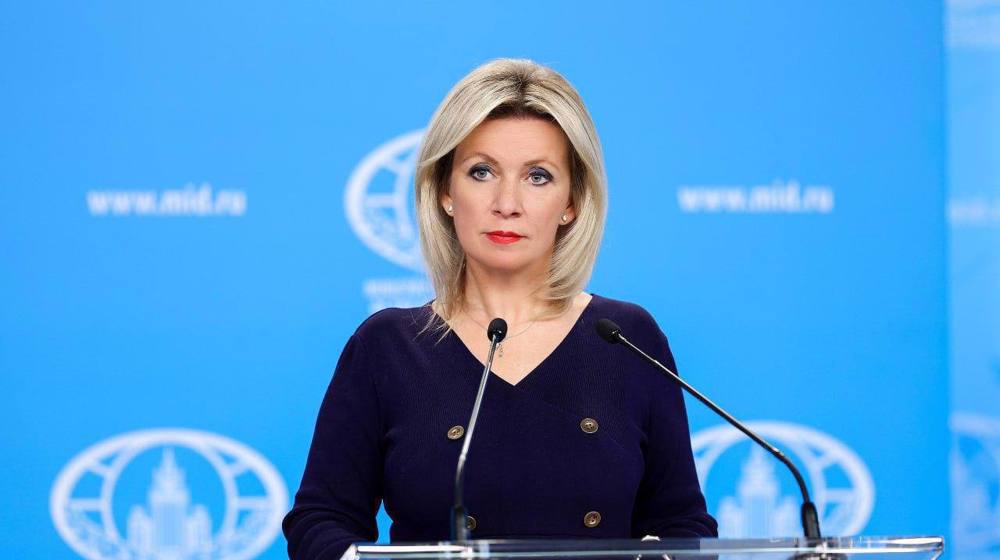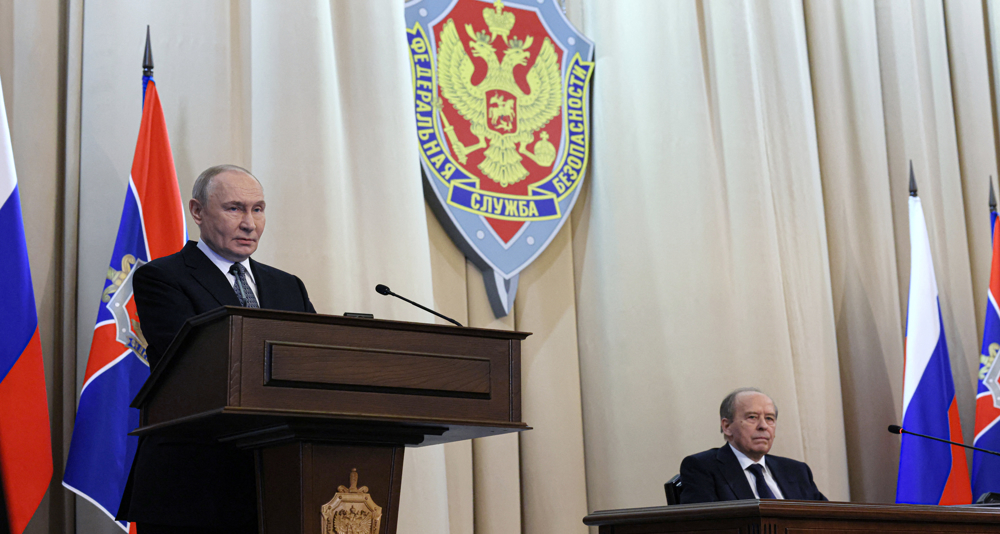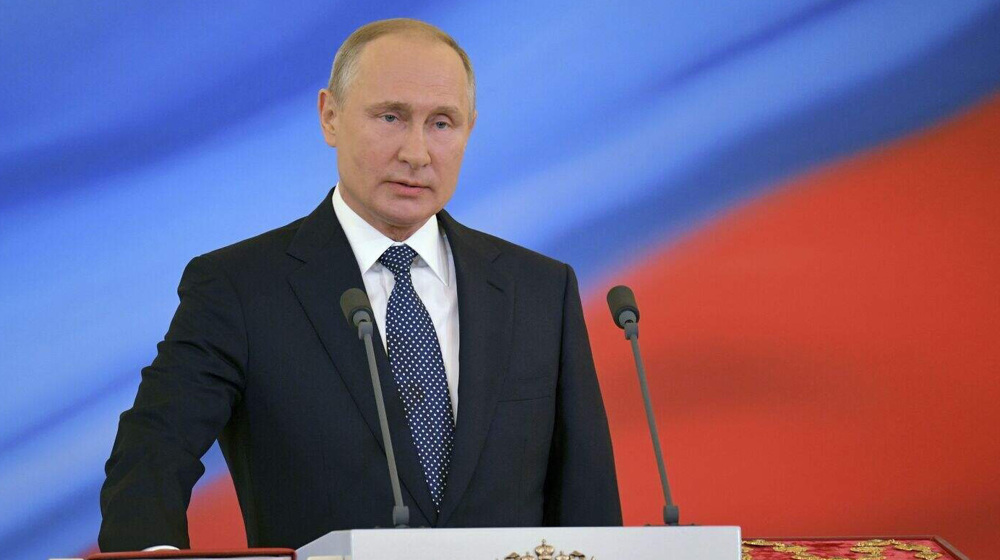Moscow slams NATO’s ‘confrontational’ plans for military buildup near Russia
Russia has lambasted NATO for expanding its presence in the Baltic states near Russia, saying the US-led alliance is fomenting a Cold-War atmosphere.
NATO held a summit in the Polish capital, Warsaw, last week, when member states approved plans to deploy additional forces — four battalions totaling up to 4,000 troops — to northeastern Europe on a rotating basis to support Eastern European member states against perceived threats from Russia.
Speaking after talks with NATO in the Belgian capital of Brussels on Wednesday, Alexander Grushko, Russia’s permanent representative to NATO, called such measures “confrontational.”
“We believe these measures are superfluous, counterproductive... they are confrontational, essentially weakening pan-European and regional security while bringing us back to the safety models of the Cold War era,” Russia’s NATO envoy said.
He said the measures force Moscow “to adapt our military strategy to a new security situation.”
‘A meeting of bodies, not minds’
NATO and Russia had held their first meeting since bilateral relations soured over the crisis in Ukraine in April. That meeting reportedly ended in deep disagreements on the Ukrainian crisis and the accession of new states to NATO.
In June 2014, NATO suspended its military cooperation with Moscow over the crisis in Ukraine, where the government and its Western allies accuse Moscow of backing pro-Russia forces in the east of the country. The Kremlin strongly denies the allegation.

In March that year, the then-Ukrainian peninsula of Crimea joined the Russian Federation following a referendum in March 2014, further angering the West.
Meanwhile, NATO Secretary General Jens Stoltenberg said following the meeting with Russia that the alliance’s military build-up in its so-called eastern flank was a “direct” response to “Russian actions in Ukraine.”
He added that NATO “briefed” Moscow on the issue during the Wednesday meeting and that the alliance would invite “international inspectors, including from Russia” to observe its military drills in the region.
“We had an open and frank atmosphere in the meeting but we didn’t agree. Allies and Russia have profound and persistent disagreements on Ukraine. There was not a meeting of minds today,” he added.

Stoltenberg had said after the NATO summit in Poland, where plans for the deployment of the new forces were approved, that, “These battalions will be robust and they will be multinational. They make clear that an attack on one ally will be considered an attack on the whole alliance.”
‘Springboard for pressure on Russia’
NATO accuses Russia of massive militarization at the bloc’s eastern borders, saying the move is disturbing its allies in those regions, while Moscow says NATO is brandishing the so-called Russian threat to expand eastward and include countries in the Balkan region. Russia says the move directly harms Russia’s strategic interests in the Balkans.
In his Wednesday remarks, Grushko, the Russian envoy to NATO, said, “The danger lies in the fact that today’s confrontational policy, which is built on the basis of the mythical threat from Russia, takes the form of military planning and military preparations at our borders.”
“In fact,” he said, “the East European members of the alliance, who declared themselves the frontline, become a springboard for military deployments and the provision of military and political pressure on Russia.”
NATO recently launched its biggest-ever joint maneuvers in Poland, to the west of Russia, a move that was immediately condemned by Russian authorities.
VIDEO | Campaign to boycott Israeli ‘apartheid dates’ in UK intensifies during Ramadan
VIDEO | Pakistan launches Operation Ghazab lil-Haq after Afghan border firing
VIDEO | Pakistan condemns Israel’s expansionist agenda in Palestine at OIC
Rubio warns US envoys against undermining Trump’s pressure campaign targeting Iran: Report
Iran, Qatar stress continuation of diplomacy towards preserving regional peace, stability
Majority of Americans support Palestinian state as Israel backing declines sharply: Poll
New Israeli strikes kill more Palestinians across Gaza in 'serious violation' of ceasefire
Maliki urges respect for Iraq's sovereignty in meeting with Trump's special envoy













 This makes it easy to access the Press TV website
This makes it easy to access the Press TV website